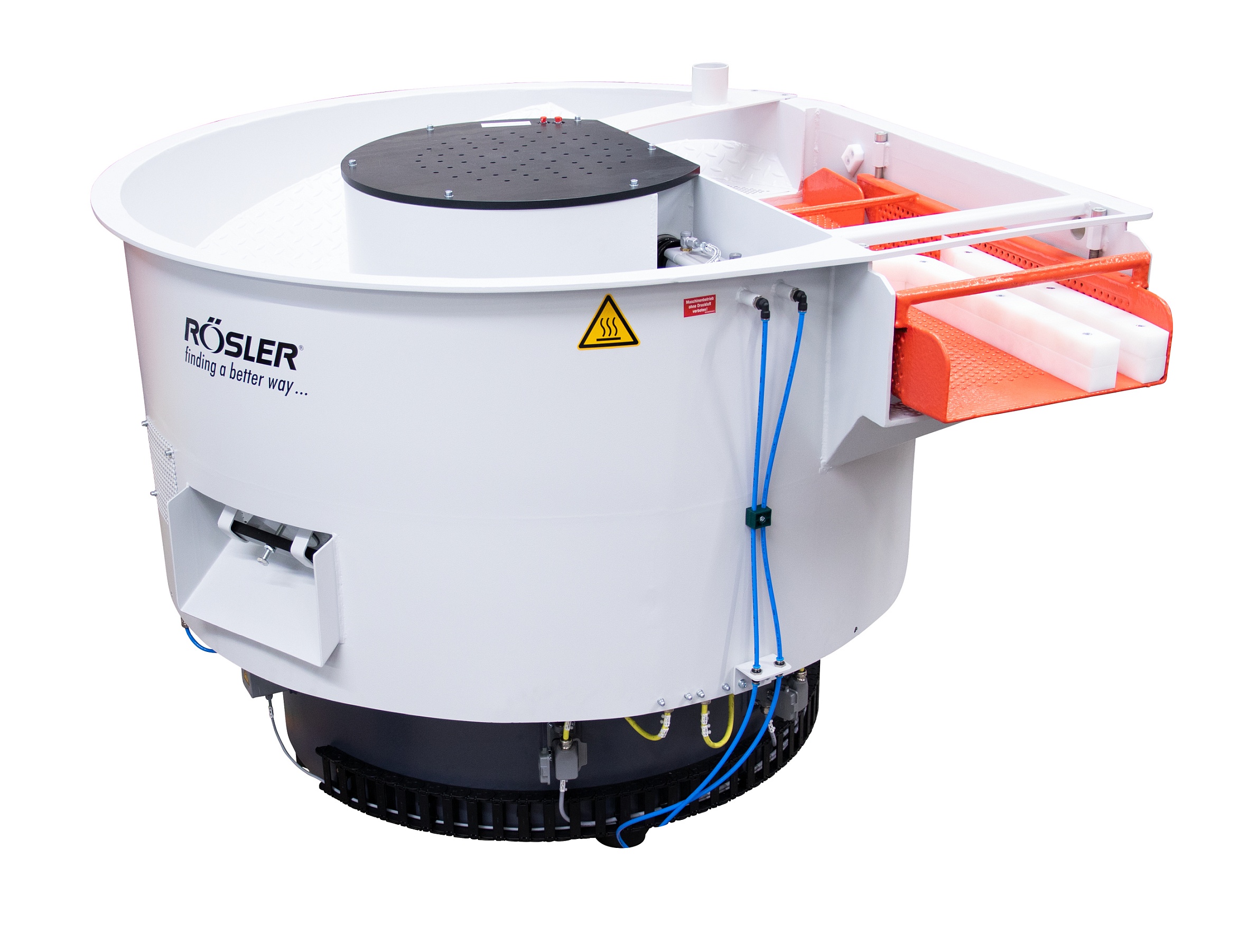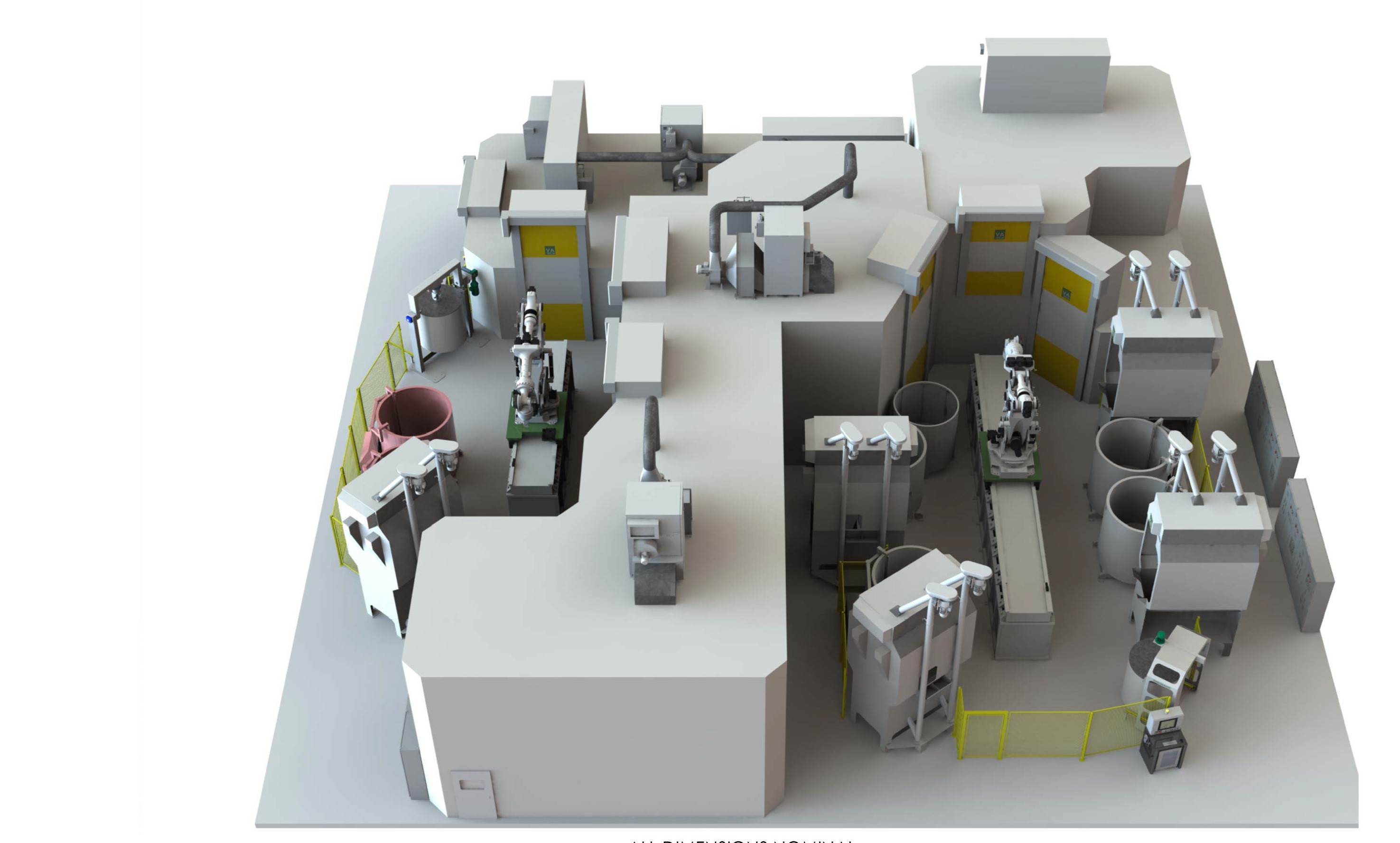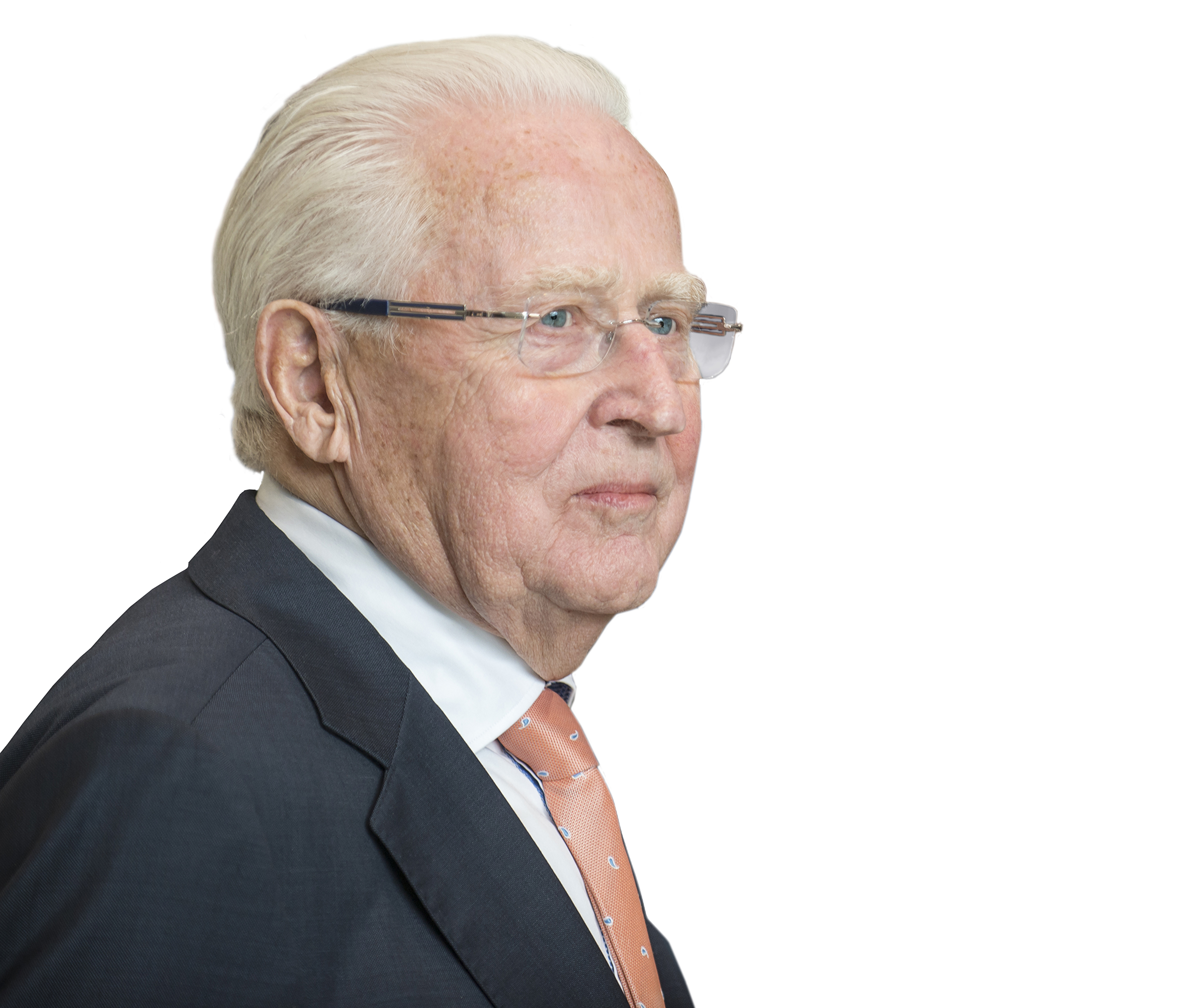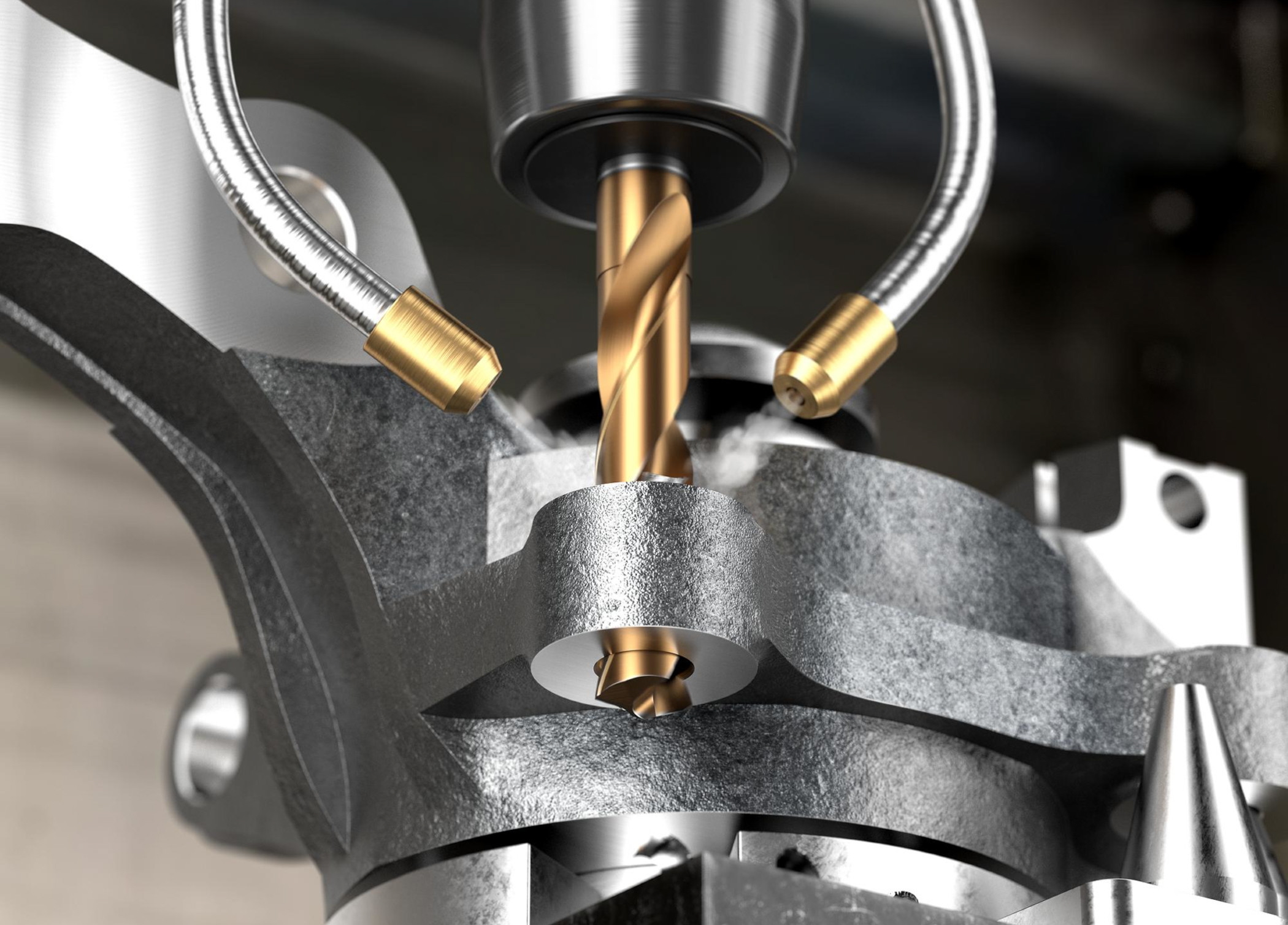Ottobock in Duderstadt, Germany, a €1bn turnover manufacturer of orthopaedic systems, recently commissioned two new mass finishing systems from Rösler. The equipment is now in place at a factory in Blagoevgrad, Bulgaria, which opened in 2021.
For planning and building its tenth and largest manufacturing facility, this global health-tech company paid special attention to efficient and sustainable operations. As a result, the company specified a specially developed Keramo-Finish process, an energy-efficient dryer and a centrifuge for cleaning and recycling the process water.
The Keramo-Finish operation replaces an acid-based process for creating a high-gloss polish. This includes the utilisation of a porcelain polishing media in combination with a special paste and a brightening compound. The new, acid-free process allows the complete recycling of process water, which not only results in a significant decrease in water and compound consumption, but also a sizable cost reduction.
The polishing operation takes place in a new R780 EC vibratory bowl. Here, the special shape of the processing bowl creates a homogeneous flow of the media/workpiece mix, ensuring that workpieces are quickly polished and separated in an efficient and gentle manner.
Ottobock achieves the same operational benefits with its second new vibratory bowl, an R420 EC model. Together with specially selected media and compounds, Ottobock is using this machine for a broad spectrum of applications ranging from deburring and edge radiusing, to surface smoothing.
For the eco-friendly cleaning and recycling of process water, the two mass finishing machines connect to a semi-automatic Rösler Z800 centrifugal cleaning system, while for drying the finished workpieces Ottobock chose the latest version of the RT550 Euro-DH rotary dryer, also supplied by Rösler.
For further information www.rosler.com



















